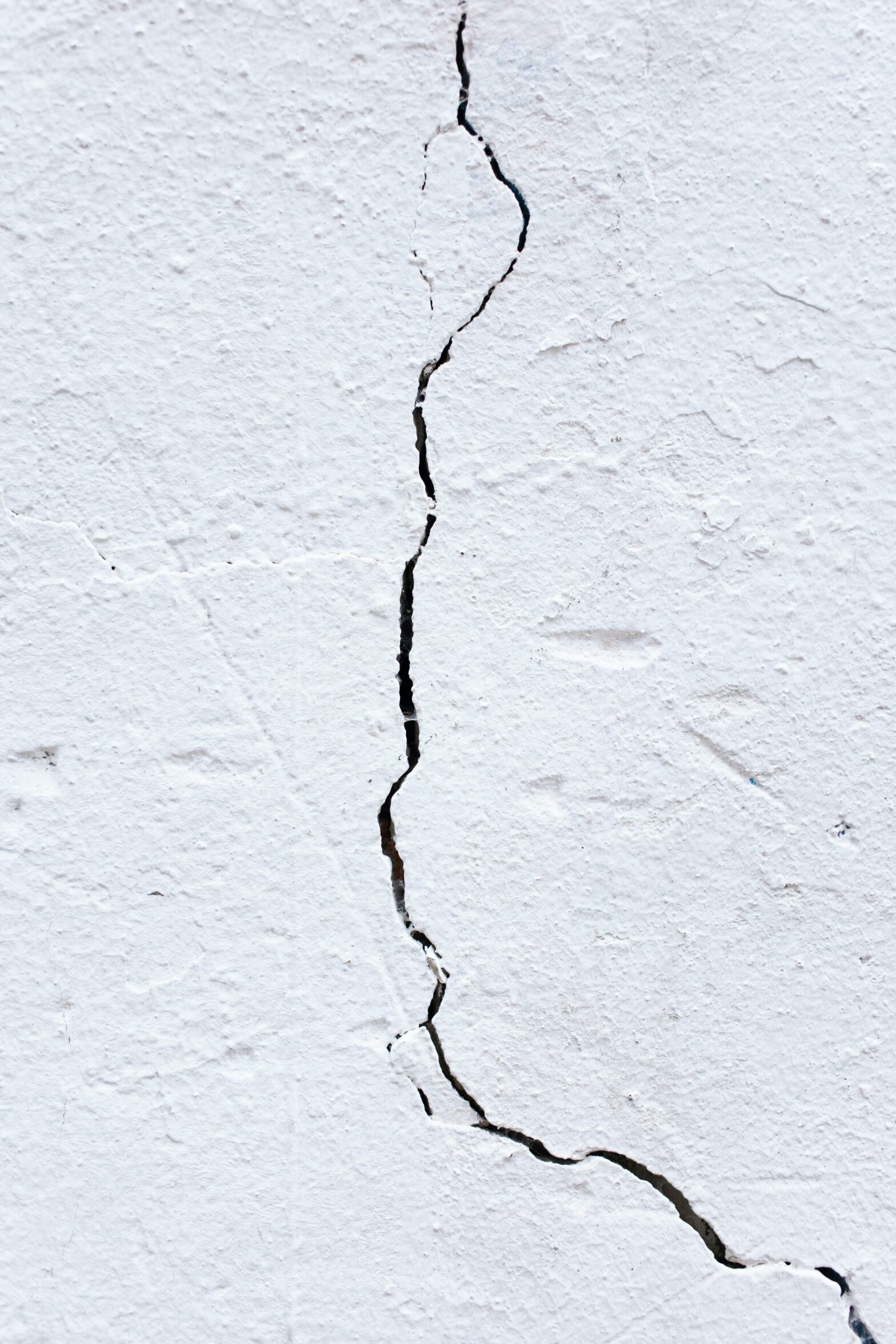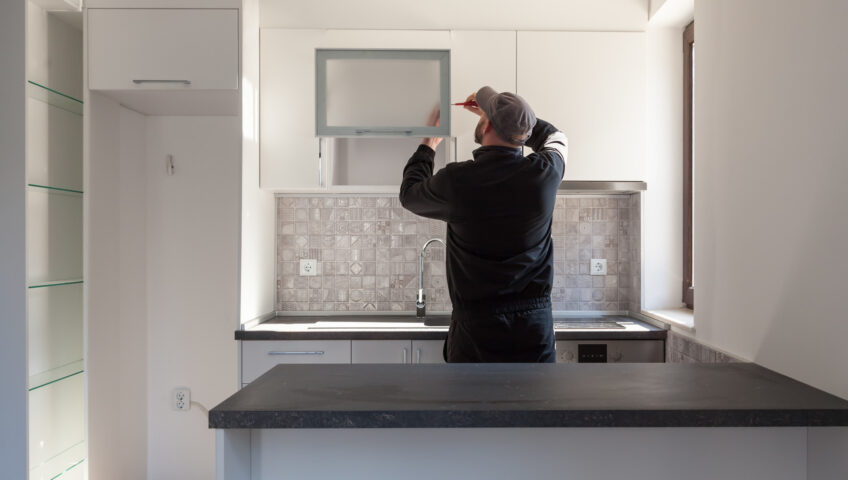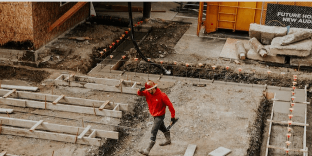
Why Is My Foundation Cracking?
There’s a reason why it’s called a foundation – it holds up everything in a structure that’s important to you. A strong and stable foundation can ensure the safety and durability of your building, as well as the comfort and value of your property.
But like all important things, there’s a scenario where there can be cracks. Don’t worry – LBW has some answers.
Types and Causes of Foundation Cracks
Generally, there are two main types of foundation cracks: structural and nonstructural.
Structural cracks affect the integrity and stability of your foundation. They are usually large, wide, or deep cracks that run horizontally or diagonally across your foundation. Structural cracks are caused by excessive pressure or movement of the soil or the building, including:
- Poor soil conditions: Poor soil conditions, such as expansive, compressible, or poorly compacted soil, can cause your foundation to crack. Expansive soil can swell and shrink due to changes in moisture content, causing your foundation to heave or settle. Compressible soil can collapse or consolidate due to the weight of the building, causing your foundation to sink or shift. Poorly compacted soil can also settle or erode over time, causing your foundation to lose its support and stability. Basically, soil can be the number one culprit here.
- Inadequate drainage: Inadequate drainage, such as clogged gutters, downspouts, or drains, can cause your foundation to crack. Poor drainage can allow water to accumulate around or under your foundation, causing your soil to expand, contract, or wash away. Water can also seep into your foundation, causing it to weaken, deteriorate, or freeze.
- Poor construction: Poor construction, such as faulty design, materials, or workmanship, can cause your foundation to crack. Faulty materials can result in a weak, brittle, or defective foundation that cannot resist the pressure or stress of the soil or the building.
- Natural disasters: Natural disasters, such as earthquakes, floods, landslides, or sinkholes – on top of all of the other traumas they can create, can also cause your foundation to crack.
Consequences and Solutions of Foundation Cracks
Generally, structural cracks are more serious and require more attention and action than nonstructural cracks. Here are some of the possible consequences and solutions (this being the important part of this advice) of foundation cracks:
- Water intrusion: Water intrusion is the most common consequence of foundation cracks, as it can allow water to enter your foundation, basement, or crawlspace. Water intrusion can cause various problems, such as mold, mildew, rot, rust, corrosion, or pests. Water intrusion can be prevented and repaired by improving your drainage, sealing your cracks, installing a sump pump, or waterproofing your foundation, basement, or crawlspace.
- Structural damage:Structural damage can cause various problems, such as uneven floors, cracked walls, sticking doors, or sagging roofs. Structural damage can be prevented and repaired by stabilizing your soil, reinforcing your foundation, installing piers, beams, or braces, or replacing your foundation.
- Cosmetic issues: Cosmetic issues are the least serious consequence of foundation cracks, (we like to end things in these posts on a high note) as they only affect the appearance and value of your property. Cosmetic issues can cause various problems, such as unsightly cracks, stains, or patches on your foundation. Cosmetic issues can be prevented and repaired by filling, patching, or painting your cracks, or by resurfacing or refinishing your foundation.
How to Protect Your Foundation from Cracking
- Choose the right soil: If you’re working with a new business or home property, choose the right soil for your foundation, as the soil type. Avoid expansive, compressible, or poorly compacted soil, as they can cause your foundation to heave, settle, or erode. Choose well-drained, stable, and properly compacted soil, as they can provide your foundation with adequate support and stability.
- Choose the right contractor: Choose the right contractor for your foundation, as the contractor’s skill and experience can affect the quality and reliability of your foundation. Choose licensed, qualified, and professional contractors, as they can ensure your foundation is properly installed, cured, and maintained.
- Maintain your foundation: Maintain your foundation regularly, as the foundation’s condition and performance can deteriorate over time. Avoid neglecting, ignoring, or delaying your foundation maintenance, as they can cause your foundation to crack, leak, or fail. Perform routine inspections, repairs, and improvements on your foundation, as they can keep your foundation in good shape and prevent further problems.
Foundation cracks are not the end of the world, and they can be fixed and prevented with proper care and attention. Questions? Reach out. LBW is here to help.


